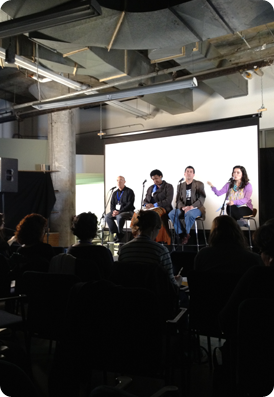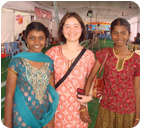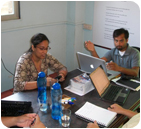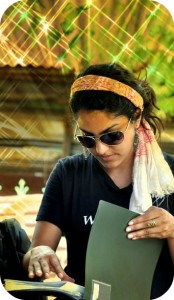
From social worker to Director of Global Engagements at the fast growing startup MovingWorlds – Nafessa Kassim’s career path has been anything but a straight line from A to B. In this interview she talks to FMS Program Director, Erina McWilliam-Lopez about how she combined her passion for enacting positive social change with her entrepreneurial savvy to take on one of the greatest barriers to sustainable development – access to human talent.
Tell us about your role at MovingWorlds
As the Director of Global Engagements I wear many hats – especially since we’re a growing company. My job is to make sure that people and organizations are prepared to have high-impact Experteering engagements. This means ensuring that Experteers and Host Organizations establish clear expectations for success that lead to long-term and culturally respectful social impact. I do this through the following activities:
- Developing and delivering online training and resources that support synchronicity between the Host Organization and the Experteer.
- Overseeing all matches. While our matching site does most of this automatically, we curate all opportunities and oversee all matches for quality.
- Creating and building partnerships with different Host Organizations and Partner Organizations, like Frontier Market Scouts.
- Project management of our corporate clients who are focusing on Corporate Volunteerism. I am currently working with Microsoft and its MySkills4Afrika program.
What is MovingWorlds all about? What need is it fulfilling in the world?
The World Economic Forum, ANDE, and others have indicated that a lack of access to human talent is one of the leading barriers to progress in development.
MovingWorlds functions like a short-term Peace Corps experience for skilled professionals focused on tackling this talent gap. We help social impact organizations working on last-mile challenges, and which have employment generation potential, with the necessary talent to overcome barriers to scale. We do this by harnessing the desire of people to travel the world in more meaningful ways and connect them to organizations that will provide them free accommodations and immersive experiences in exchange for their time and skills.
Since managing international, skills-based volunteering engagements can be tricky, we have developed an online training and facilitated planning process to ensure these Experteering matches can happen at scale, be culturally inclusive, and create a sustainable impact.
Talk about your own professional background – how did you end up where you are today?
My path started as a counselor and case manager for sexual assault survivors, and then arrested youth in the juvenile justice system in San Francisco. In these positions I worked to support my clients and advocated for their rights as individuals and as a group. Working with high risk populations provided me with an incredible amount of humility, admiration for people’s strength and endurance.
As time progressed I wanted to expand my experience in human rights issues to the worldwide context and accepted a fellowship with the American Indian Foundation in India. There, I worked with communities who were HIV positive. My work included running an HIV positive person’s community center with career and personal resources as well as fieldwork in the slums to raise awareness about parent to child contraction. During my time in India, I was also able to develop a sustainable livelihood program for HIV positive, widowed women.
My experiences in India exposed me to extreme levels of poverty, various types of human rights issues, and the challenges of international development work. I was also deeply inspired by the passion, drive, and endurance of the people and communities that were focusing on a holistic approach to development. It also exposed me to innovative solutions to drive social change. One such project was working with an incredible local team to co-produce, co-direct and perform in a play about domestic violence in South Asia.
Inspired by my field experience, I returned to the US to attend Columbia University where I pursued a Masters in Social Work with a focus on International Social Enterprise and Administration as well as a Master’s in Global Public Health. The two degrees were my attempt to develop skills to create holistic impact, hence the focus on social and programmatic skills.
My interest in holistic development deepened throughout grad school and led me to co-lead a research project in Aceh, Indonesia. The project evaluated microfinance programs implemented post-tsunami, in an innovative way by evaluating the impact of microfinance with social indicators and comparing it to the financial indicator evaluations, to identify if a holistic impact existed or not; this research was recently published.
All these experiences enabled me to work as a consultant for international programming, international corporate volunteerism, and ultimately led me to MovingWorlds. I was the first employee at MovingWorlds for a position that was never publicized. After meeting the founders, I helped highlight risks areas and proposed solutions – they offered me a full-time position shortly thereafter. I was drawn to MovingWorlds not only because of its status as an emerging social enterprise, but more so because of its mission – to empower local organizations to solve last-mile challenges and create jobs, which, from my experience, was something that I knew was critical to creating sustainable change.
As a professional, you facilitate “Experteering” experiences- tell us about it, and what is an “Experteer” exactly?
Experteering is the combination of expertise and volunteering. We call “Experteers” people who volunteer their skills overseas with social impact organizations for any length of time.
Typically, Experteers are skilled professionals that work on very specific projects that are initiated locally. The goal of any Experteering engagement is to leave a sustainable impact by addressing a challenge, and also building the skills of the team they support. At MovingWorlds, we help enable this by sourcing specific projects, providing training on best practices, and facilitating a holistic planning process.
Talk about any emerging trends you see, or stories that are unfolding as MovingWorlds evolves
A strong trend that we are seeing is the individual and non-traditional pursuit of learning and skill building. A lot of Experteers are using international service as a way to build their profiles and prove their passion for globally focused careers. In our own experience we see global service as an important vehicle for building 21st Century leadership. In fact our Experteers have ended up at organizations like the Gates Foundation, industry-leading agencies and have even received promotions after completing international service experiences. This is because employers are looking for people that can operate in ambiguity, show genuine curiosity, and have a proven record of taking initiative and delivering results.
I also find it interesting to see how traditional work paths are adapting. Now, more than ever, you are seeing large companies work with small but innovative companies, and traditional development organizations work with corporations, all to pool their best assets and create a world-wide impact. A great example of this is outlined in Forbes. As people work towards creating social impact around them, the players are focusing less on their differences and more on their commonalities and unique expertise, and when brought together they are stronger than ever.
What’s on the horizon for MovingWorlds? Any new and exciting updates to share?
Our team has noticed that the number one reason people don’t go Experteering is time away from work. Based on the success of our international corporate volunteering programs, we’ve realized that employers face massive gains by enabling their employees to go Experteering. As such, we are going to roll out some campaigns soon to help any employee at any company make the case for more time off to go travel the world. We like to say that for the price of a conference, we can connect people to the leadership development experience of a lifetime, one that builds a better world in the process.
We also have some new exciting partnerships coming soon with the Impact Hub, Njambre, Kiva Fellows, Unreasonable Institute and Startup Chile.
About MovingWorlds
MovingWorlds, SPC is a Social Purpose Corporation whose mission is to connect people to life-enriching, immersive experiences that create a sustainable impact. Learn more about Experteering on your own, or through an international corporate volunteering program.
MovingWorlds has offices in Seattle, USA; Washington D.C., USA; and Medellin, Colombia.


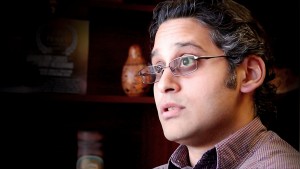
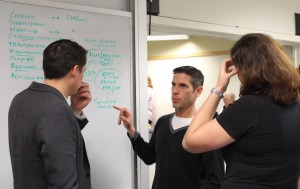
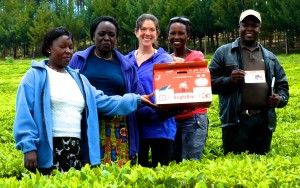
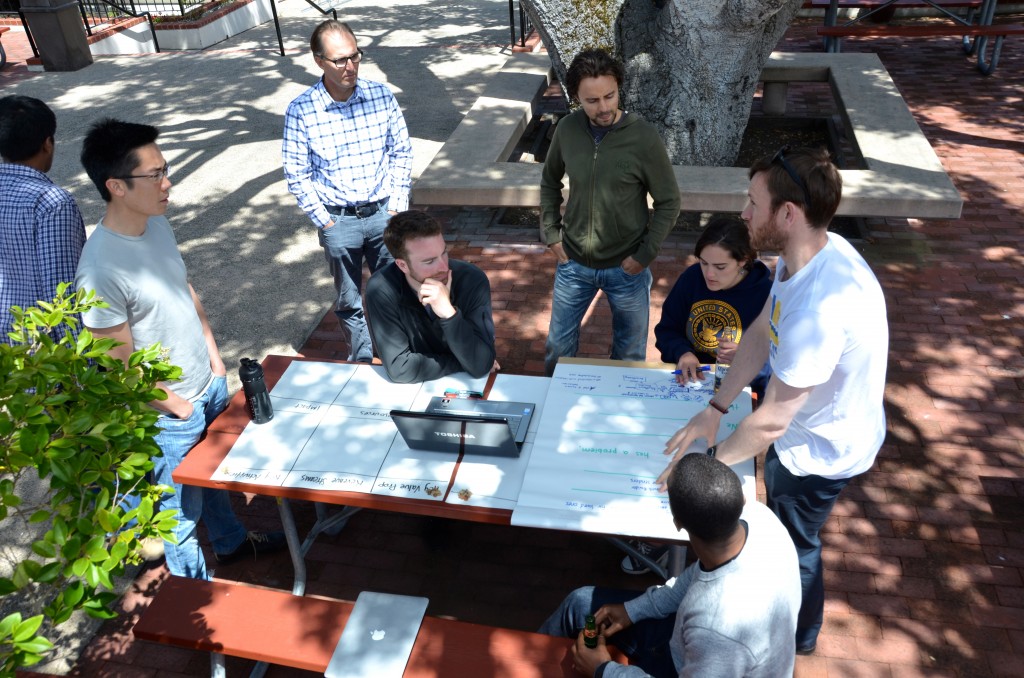
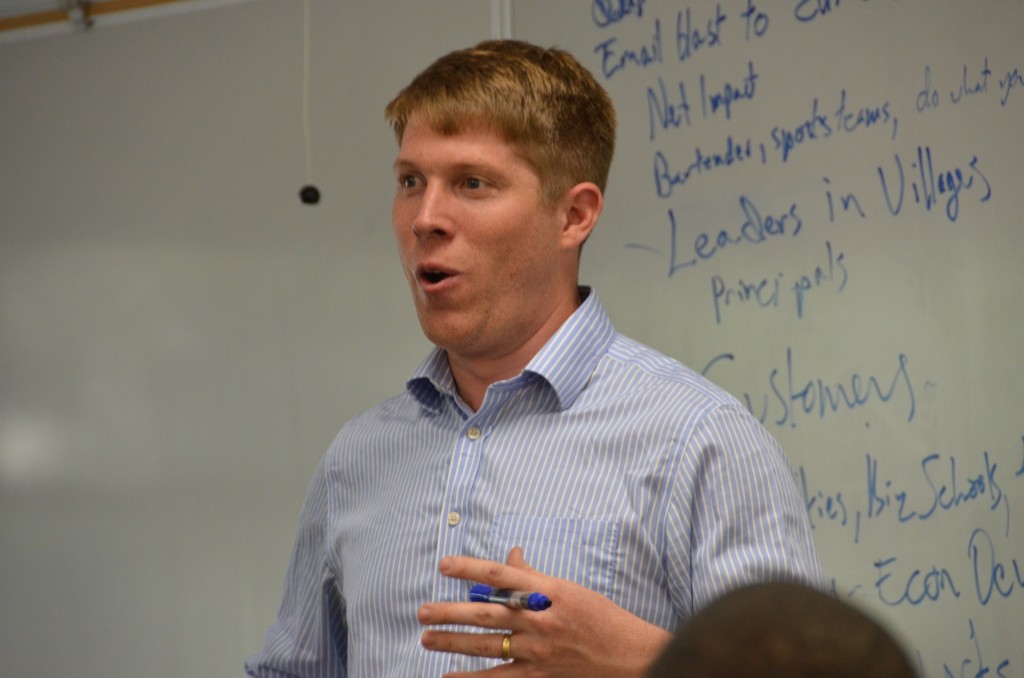
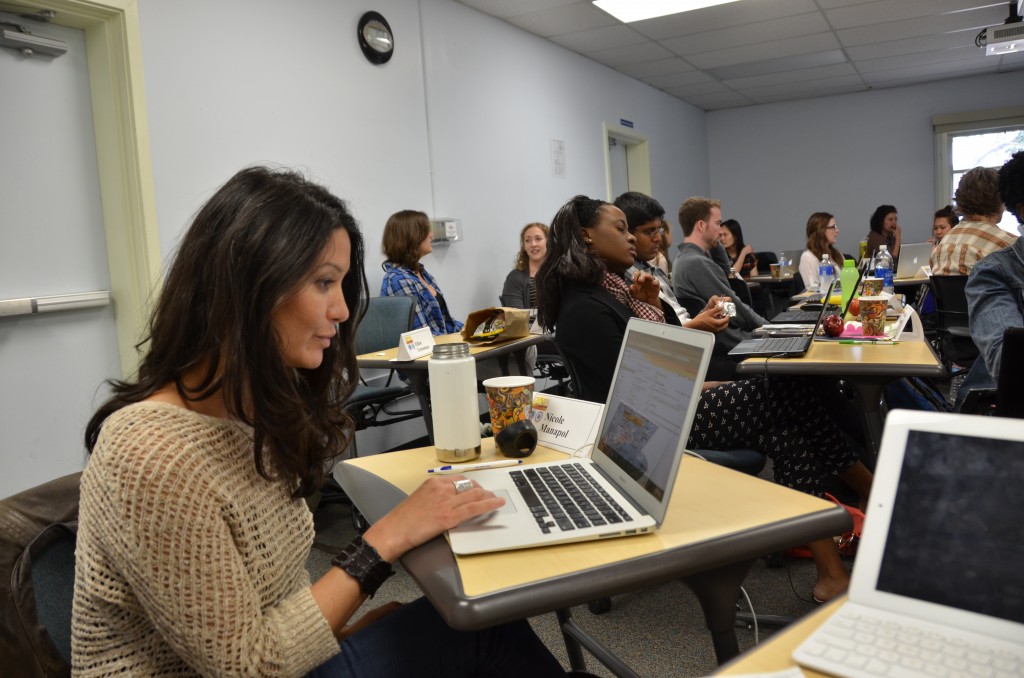
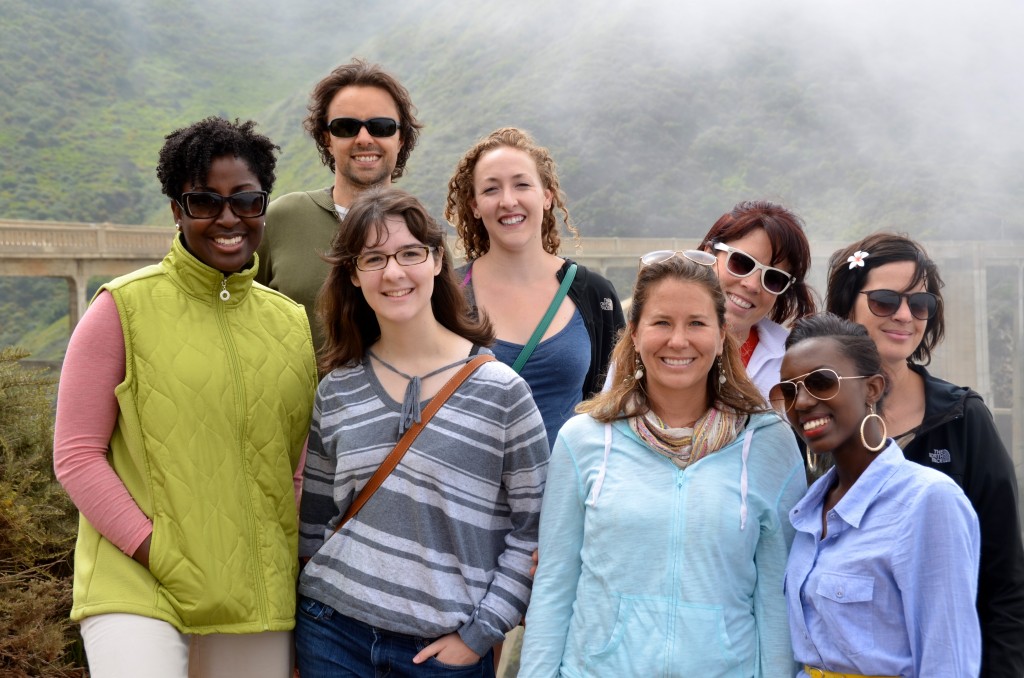

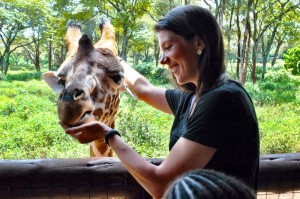
 Ramadan and busy schedules, but it happened. On September 5th, at Green Day Café, Village Capital and the Start-up Series Amman co-hosted the first, and for sure not the last, coffee hour focused on social enterprises and impact investment. With over fifty participants, we filled the room—coffee in hand and cupcakes to match—and set up to discuss what it means to be a social entrepreneur. The topic in Amman, as in the rest of the world, is still too abstract but one thing was very clear, Jordan could sure benefit from developing a strong and nurturing environment for its social and traditional entrepreneurs.
Ramadan and busy schedules, but it happened. On September 5th, at Green Day Café, Village Capital and the Start-up Series Amman co-hosted the first, and for sure not the last, coffee hour focused on social enterprises and impact investment. With over fifty participants, we filled the room—coffee in hand and cupcakes to match—and set up to discuss what it means to be a social entrepreneur. The topic in Amman, as in the rest of the world, is still too abstract but one thing was very clear, Jordan could sure benefit from developing a strong and nurturing environment for its social and traditional entrepreneurs. While our original intent was to adapt the social enterprise or SocEnt definition—‘doing good while simultaneously creating profit’—to the Jordanian context, the evening evolved into a more comprehensive and interactive learning activity. Participants took the opportunity to talk about their businesses, share their experiences on being an entrepreneur and to talk about the challenges faced when attempting to take their enterprises to the next level. Yet, to me, one of the most fascinating things to watch was the internalization of the SocEnt concept as the entrepreneurs debated whether their enterprises fit the definition. Having this open and honest discussion was the reason for the event and clearly it was much needed.
While our original intent was to adapt the social enterprise or SocEnt definition—‘doing good while simultaneously creating profit’—to the Jordanian context, the evening evolved into a more comprehensive and interactive learning activity. Participants took the opportunity to talk about their businesses, share their experiences on being an entrepreneur and to talk about the challenges faced when attempting to take their enterprises to the next level. Yet, to me, one of the most fascinating things to watch was the internalization of the SocEnt concept as the entrepreneurs debated whether their enterprises fit the definition. Having this open and honest discussion was the reason for the event and clearly it was much needed. changing organization –
changing organization – 